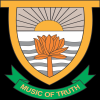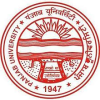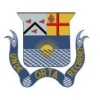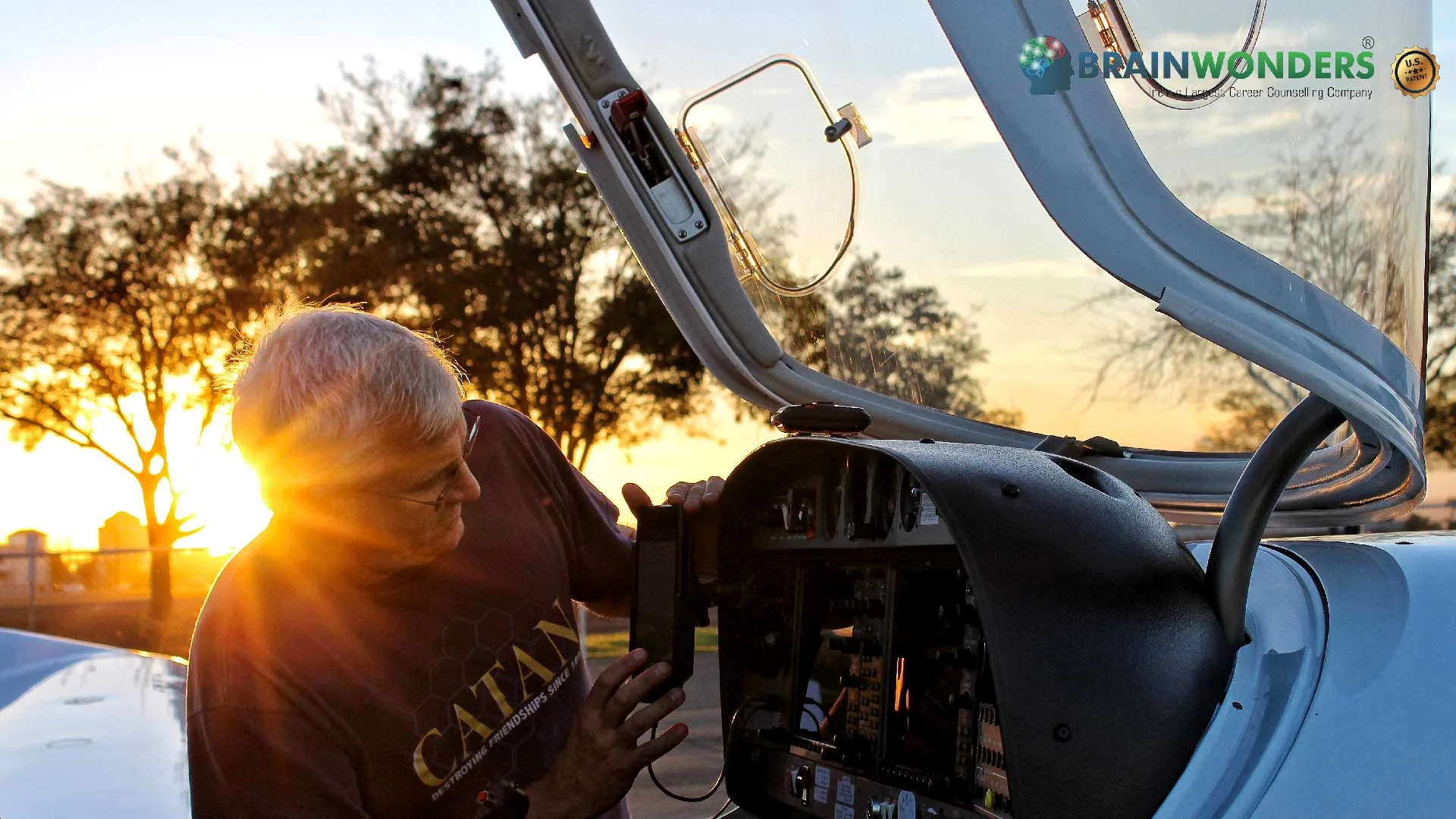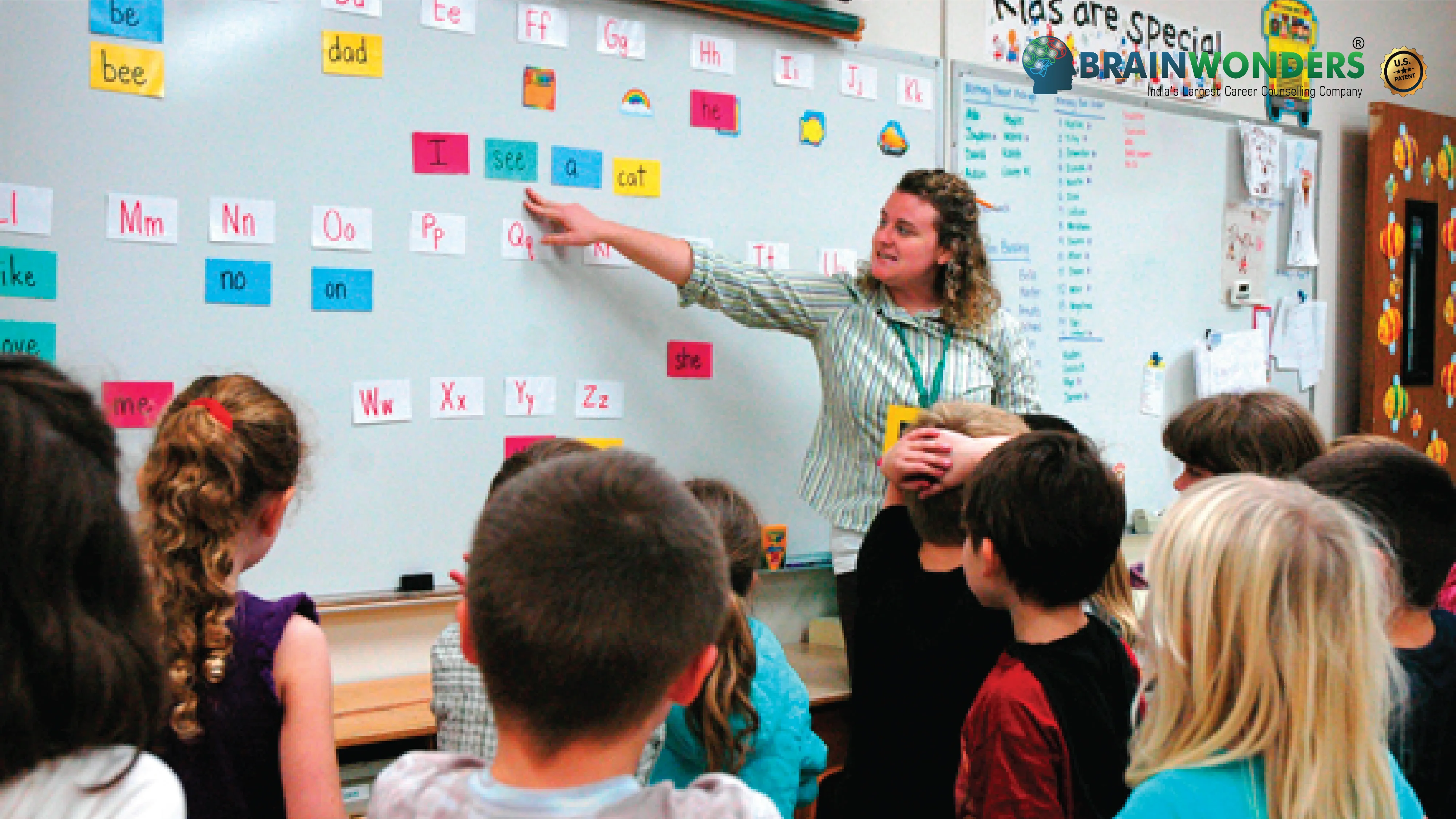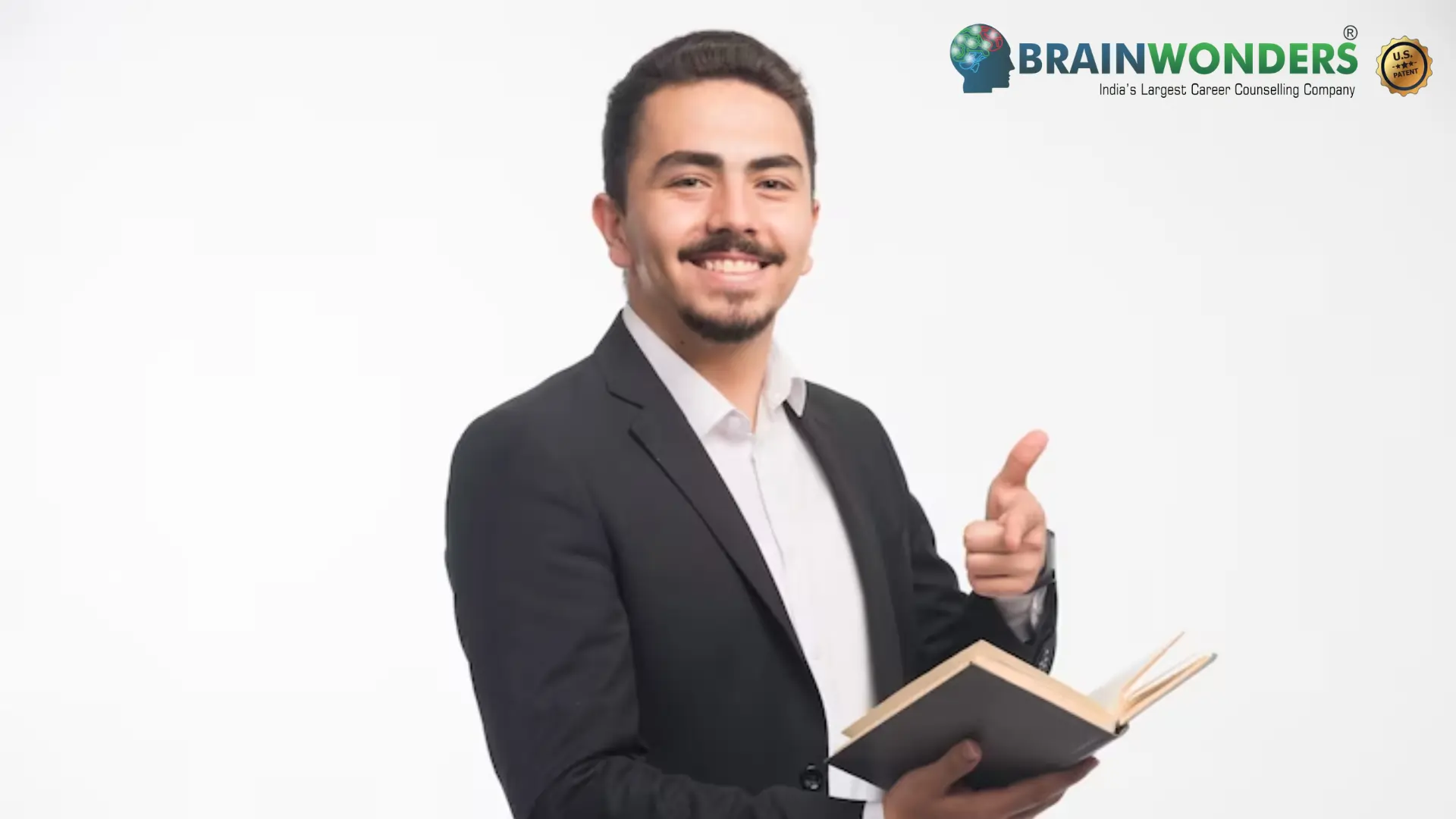How to become an Educationist
Overview, Courses, Exam, Colleges, Pathways, Salary

Overview
Who is Educationist ?
Educators are those who have chosen to specialise in the field of educational theory. Educationists are well-versed in all aspects of educational theory and practice. Educationists support and advocate for the theories of education that they believe in. Educationists are known by many different names, including the instructor, preceptor, teacher, educator, pedagogue, and schoolteacher. This position plans and coordinates education programmes for the general public, professionals, and communities that are not health-related in nature.
In the course of their job, educationists establish curriculum, prepare appropriate presentations and materials, organise and offer training services such as classes, workshops, seminars, and other types of training, and assist in the facilitation of these services. Provides student counselling and associated services on an as-needed basis. It`s conceivable that you`ll do research and prepare funding proposals or promotional materials during your internship.
Typical day at work
What does Educationist do?
Job Description, Roles, Duties, Tasks, and Responsibilities:
- Develop novel, adaptive, and alternative teaching methods
- Train and educate the teaching staff about the newer teaching methods and be technologically adapt
- Research about various teaching sources, ways, and methods
- Communicate with parents or guardians, teachers, and other professionals to discuss progress or solve educational, and other concerns
- Study about various academic boards and their curriculums
- Develop a student-friendly, easy-learning, and knowledge-gaining curriculum
- Create online and technology-inclusive teaching methods such as presentations, models, tools, etc. apart from the blackboard use
- Advise authorities for educational needs like selection of course and program, class scheduling and registration, study habits, and career planning and development
- Challenge students with professional-based tasks to provide them with learning opportunities
- Introduce self-help or informative lectures on educational subjects, career planning and development, and social concerns like bullying, sex education, etc. in the curriculum
- Conduct career and employment-related events like conferences, job fairs, and career workshops
- Assess and refer students' to special programs or subjects based on abilities, interests, intelligence, and personality tested using psychometric inventories, records, and interviews
- Confer with teachers and administrators in the program and curriculum development, assessment, and revision
- Prepare student reports as needed by administration and other concerned authorities
- Regularly prepare master schedules based on teacher and other resource availability
- Participate in meetings, educational conferences, and training workshops
- Provide guidance to government on educational policy development, curriculum change, etc.
- Endorse extracurricular activities like book clubs, student organizations, academic and extra-curricular competitions.
Abilities and Aptitude needed
What are the skills, abilities & aptitude needed to become Educationist?
Educators are methodical, detail-oriented, disciplined, and collected individuals who possess the natural ability for teaching. The pupils benefit from their great problem-solving talents and high intuition in understanding their challenges. They are good listeners and have excellent interpersonal skills, which they use to handle pupils, administrators, and parents effectively. They must be fluent in both verbal and written communication.
To develop newer and better teaching techniques, one must also have creative abilities in addition to critical thinking. As well as these qualities, they must be capable of taking on leadership roles and speaking in public. They must be able to work in a team and manage their time and projects well. They should also be able to express themselves and make decisions and negotiate effectively.
Pathways
How to become an Educationist?
Entrance Exam
Entrance Exam for Educationist ?
Courses
Which course I can pursue?
Best Colleges
Which are the best colleges to attend to become an Educationist?
Industries
Which Industries are open for Educationist?
internship
Are there internships available for Educationist?
Career outlook
What does the future look like for Educationist?
Educationists are often employed full-time in a variety of educational settings, including schools, colleges, universities, research institutes, and even the educational ministry itself. Also, they might express an interest in working as administrative or instructional personnel. They are the pillars of society who steer the young in the direction of knowledge, empowerment, progress, and enlightenment, among other things. Educationalists are those who educate the public (students). On the other hand, their work does more than only impede the process of teaching the children. Individuals are guided towards a more expansive and better viewpoint, a more expansive vision and the drive to go ahead.
Educationalists spend a significant amount of time studying for this aim. They are often shown as being engaged in substantial research work or as researching and evaluating ideas within the context of their existing knowledge to arrive at a greater understanding of the objects and concepts in question. They are typically quite knowledgeable and depend on furthering their education to become even more knowledgeable.
